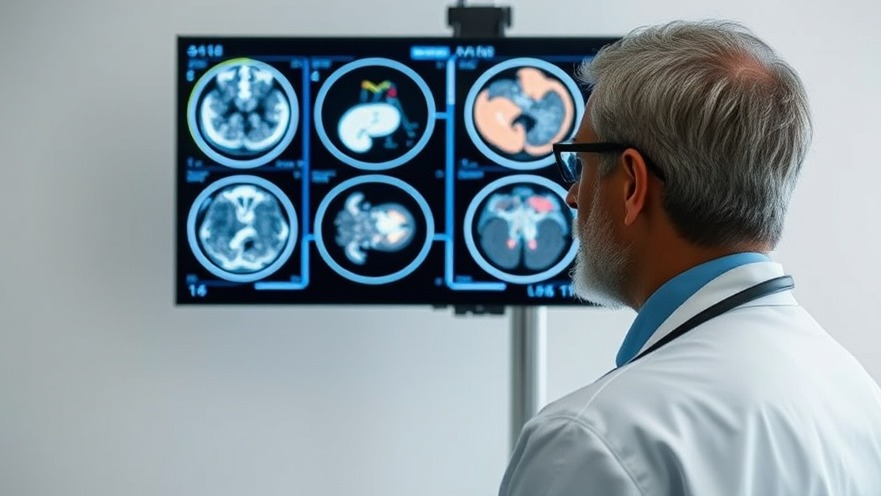
Understanding the Health Risks of Daylight Saving Time
As the annual ritual of changing the clocks approaches, many people eagerly anticipate the arrival of longer daylight hours. However, experts are raising significant health concerns associated with daylight saving time (DST), particularly its adverse effects on cardiovascular health and overall well-being. Erik Herzog, a professor of biology, emphasizes that the disruption in our biological rhythms can lead to increased heart attacks and traffic accidents. This points to critical public health implications as calls for maintaining permanent standard time gain traction.
Why Experts Prefer Permanent Standard Time
According to multiple studies, including one from the American Academy of Sleep Medicine, the shift to daylight saving time has been linked to a higher incidence of acute myocardial infarctions and other cardiovascular issues. Herzog notes that without proper environmental cues for adjustment, our internal biological systems become misaligned, resulting in harmful consequences for health, learning, and safety. Many healthcare advocates are pushing for a permanent standard time to ensure that the public aligns with natural light patterns, potentially improving population mental and physical health.
The Mayo Clinic’s Reigning Status: Excellence in Patient Care
While discussions around DST are gaining momentum, the healthcare realm also witnessed a reaffirmation of excellence as the Mayo Clinic secured the title of the world's best hospital for the seventh consecutive year. This recognition stems from their outstanding patient surveys and innovative practices, integrating new technologies such as AI into patient care. Dr. Gianrico Farrugia, CEO of the Mayo Clinic, stresses compassionate care as the cornerstone of their success, illustrating a model that concierge practices may aspire to emulate. This hospital’s consistent ratings highlight the impact of compassionate care and technological advancement on patient satisfaction.
An Innovative Leap: Groundbreaking ‘Tooth-in-Eye’ Surgery
The advancements in medicine continue with cutting-edge procedures like the recent 'tooth-in-eye' surgery performed in Canada. Surgeons at Mount Saint Joseph Hospital successfully implemented osteo-odonto keratoprosthesis (OOKP), restoring vision for patients suffering from severe corneal blindness. This innovative technique reflects a significant leap in ocular surgery, demonstrating the potential to resolve long-term blindness by incorporating patients' own teeth into surgical procedures. This ongoing innovation in healthcare may inspire practices to explore similar avant-garde methodologies.
Navigating the Debate on Daylight Saving Time
The debate surrounding DST is increasingly polarized. In the wake of mounting evidence linking clock changes to health risks, many advocate for a permanent standard time rather than transitioning to the more widely favored daylight saving time. Research from various stakeholders indicates that the potential for enhanced public health far outweighs the benefits perceived by having longer evenings in summer.
Are We Ignoring the Health Risks for Convenience?
Despite the compelling scientific evidence advocating for a change, public opinion remains divided. A CBS News survey showed a notable preference toward either embracing DST or maintaining standard time, but few were in favor of returning to biannual shifts. This split illustrates a societal struggle between prioritizing health and enjoying extended daylight hours. Each clock shift may represent broader questions about societal values, health, and the choices we are willing to make for the sake of convenience.
Action Steps for Medical Practices
Healthcare practitioners, especially those operating concierge practices, must align their services with the growing demand for patient-centered care that prioritizes health outcomes. Being informed on public health policies, such as debates on DST, can provide a unique platform for discussing broader health issues with patients. Practices can benefit from being proactive in adapting to findings on DST’s health implications by advocating for patient awareness and education on proper sleep hygiene during transitions.
In navigating these health discussions, it becomes essential for practice owners to seek strategies that not only enhance patient care but also establish the practice as a trustworthy source of health information. In doing so, they elevate their standing in the local medical marketplace.
 Add Row
Add Row  Add
Add 






Write A Comment